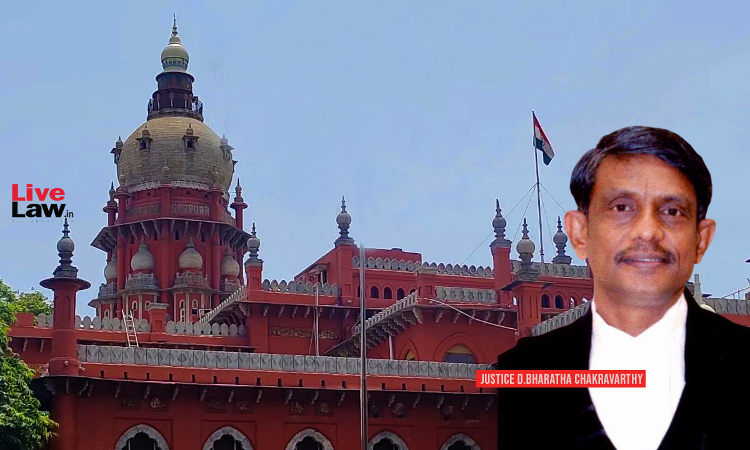Omission In Framing Of Charge Not Fatal By Itself Unless Prejudice Caused To Accused: Madras High Court
Upasana Sajeev
16 July 2022 2:30 PM IST

Next Story
16 July 2022 2:30 PM IST
The Madras High Court recently imposed a penalty upon a company for allotting shares in violation of the Securities and Exchange Board of India Act, 1992 and opined that though the charge was not separately framed under Section 24(2), the penalty was imposed by the authority keeping in mind the ingredients of the section. The bench of Justice Bharatha Chakravarthy thus...
